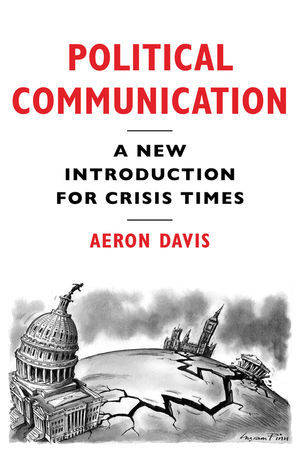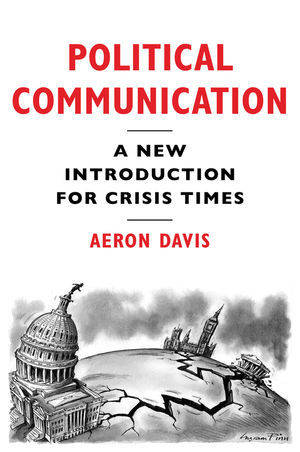
- Afhalen na 1 uur in een winkel met voorraad
- Gratis thuislevering in België vanaf € 30
- Ruim aanbod met 7 miljoen producten
- Afhalen na 1 uur in een winkel met voorraad
- Gratis thuislevering in België vanaf € 30
- Ruim aanbod met 7 miljoen producten
Omschrijving
We are living in a period of great uncertainty. Votes for Brexit and Trump, along with widespread political volatility, are not only causing turmoil; they are signs that many long-predicted tipping points in media and politics have been reached. Such changes have worrying implications for democracies everywhere.
In this text, Aeron Davis bridges old and new to map the shifts and analyse what they mean for our aging democracies. Why are volatile, polarized electorates no longer prepared to support established political parties? Why are large parts of the legacy media either dying or dismissed as 'fake news'? How is social media rapidly rewriting the rules? And why do some democratic leaders look more like dictators, and pollsters and economists more like fortune tellers? These questions and more are addressed in the book.
Political Communication: A New Introduction for Crisis Times both introduces and challenges the established literature. It will appeal to advanced students, scholars and anyone else trying to understand the precarious state of today's media and political landscape.
Specificaties
Betrokkenen
- Auteur(s):
- Uitgeverij:
Inhoud
- Aantal bladzijden:
- 288
- Taal:
- Engels
Eigenschappen
- Productcode (EAN):
- 9781509528998
- Verschijningsdatum:
- 10/06/2019
- Uitvoering:
- Hardcover
- Formaat:
- Genaaid
- Afmetingen:
- 155 mm x 229 mm
- Gewicht:
- 498 g

Alleen bij Standaard Boekhandel
Beoordelingen
We publiceren alleen reviews die voldoen aan de voorwaarden voor reviews. Bekijk onze voorwaarden voor reviews.











